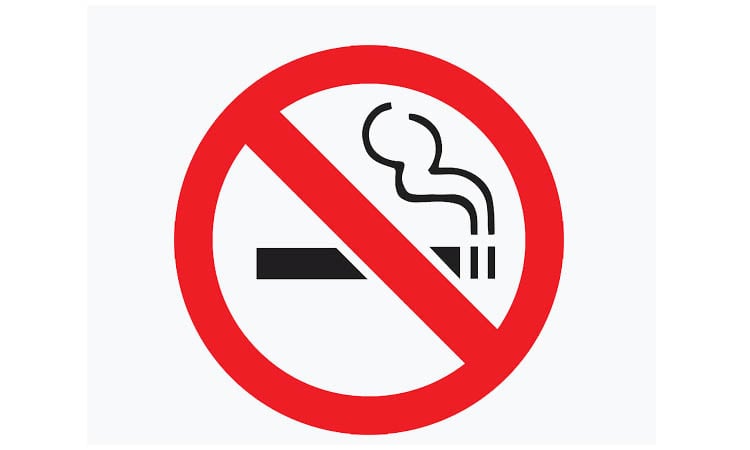News Flash
News Flash

DHAKA, Feb 11, 2025 (BSS) - As pivotal stakeholders of Bangladesh's
developmental journey, national and international NGOs, operating in the
country, must work together to ensure desired tobacco control outcomes.
Top NGO leaders said this at a roundtable session titled "Tobacco Control for
Safeguarding Public Health" today.
The session was organised by non-government think tank Unnayan Shamannay at
the Bishwo Sahitto Kendro Bhaban, Dhaka, where the organisation's head of
programme Shaheen Ul Alam moderated the discussion, said a press release.
It said Bangladesh is the fifth largest tobacco consuming country in the
world. Therefore, tobacco control is a major hurdle on the way of inclusive
and sustainable development in the country, the release added.
While presenting the context paper for the roundtable discussion, Unnayan
Shamannay's Research Director Abdullah Nadvi pointed out that over the last
three fiscal years, prices of daily commodities such as rice, lentils, oil,
and sugar have risen by nine to 84 percent.
However, over the same period, cigarette prices have risen by only seven
percent. As a result, cigarettes have become increasingly affordable in
Bangladesh.
Dr. Shafiun Nahin Shimu, a professor of the Institute of Health Economics,
Dhaka University (DU) added that the National Board of Revenue (NBR) has
opted to raise both prices of and taxes on all cigarettes in the middle of
the fiscal year mainly with the intention of generating more revenue.
This, in the middle of the fiscal year decision by the NBR, proves that
imposing higher taxes on cigarettes are not at all likely to result in
reduction of taxes received by the government from selling cigarettes.
If the NBR had taken such decisions at the beginning of the fiscal year
further beneficial outcomes could have been ensured, said Aminur Rasul, joint
secretary of Bangladesh Poribesh Andolan.
Upon considering the negative impacts of cigarette production on the
environment, policymakers should go for imposing higher taxes on cigarettes,
he added.
Tony Michael Gomes (Advocacy Director, Care Bangladesh) pointed out that
raising prices of cigarettes and imposing higher taxes on those raised prices
have been proven to be the most effective measure to reduce tobacco
consumption.
To safeguard future generations and the non-smokers from the hazards of
tobacco, the existing tobacco control law must be further strengthened and
effectively implemented at the same time.
World Vision Bangladesh's Senior Director Chandan Z. Gomes also emphasized
strengthening the tobacco control legislation and said the amendment to the
existing tobacco control law proposed by the Ministry of Health has many
provisions such as banning designated smoking areas and banning e-cigarettes
which are much desired and relevant.
He also urged the national and international NGOs to take initiatives to
discourage smoking in their working areas across the country.
Other discussants at the event were ActionAid Bangladesh's Head of Programmes
Kazi Morshed Alam, Save the Children's Senior Advisor Belal Uddin, Concern
Worldwide's Advocacy Advisor Nabinur Rahman, UNDP Bangladesh's Senior Advisor
SM Monjur Rashid, Kapaeeng Foundation's Programme Manager Uzzal Azim, and
ALRD's Executive Director Shamsul Huda.
CTFK Bangladesh's Lead Policy Advisor and BCIC former Chairman Md. Mostafizur
Rahman delivered the vote of thanks at the event.